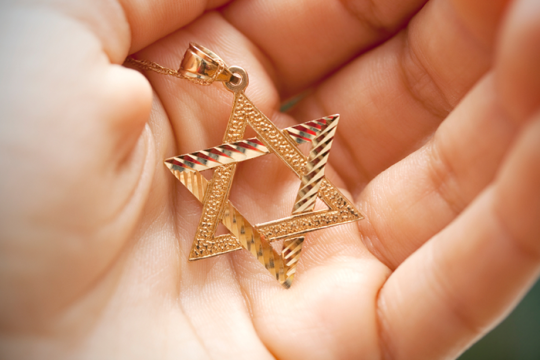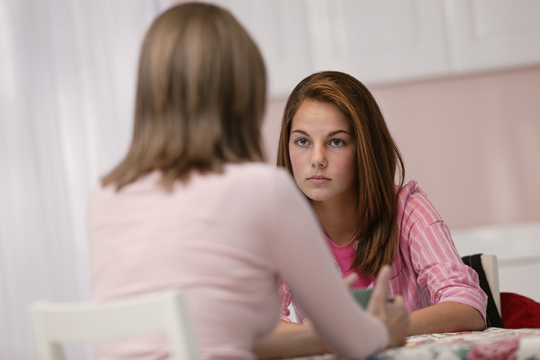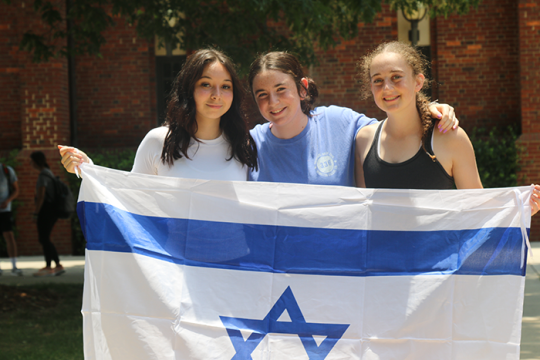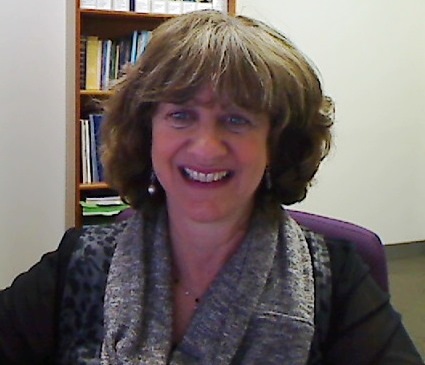
One year ago, I wrote a reflection about the label "Judgement Days" for the time between Rosh HaShanah and the end of Yom Kippur. I questioned whether we should consider our fate as literally "written and sealed" and asked whether that was the only judgment we should consider. Since then, we only need to say a date out loud to realize how dramatically our world has changed: October 7th. There are so many more actions, words, and behaviors open to judgement these days. How can we reconcile the notion of judgement within this new framework? We can start with self-awareness, reflection, and willingness to learn.
Before October 7th, there were protests and pronouncements of judgement in the streets of Israel and around the world which centered the threats to the independence of Israel's Supreme Court and democracy in Israel. Now, there are protests around the Israeli administration's handling of the war with Hamas, negotiations to free the hostages, and the loss of innocent lives on both sides of the border.
Self-awareness: Do I have the right to judge other people's responses to the horrors of October 7th? Should I feel it's okay to engage with anyone who spews hateful logic in conversation? I believe that all of us can respond with an acknowledgment of the monstrous behavior that occurred on that day and the confinement of the hostages while also fighting loudly for an end to the war.
As Rabbi Josh Weinberg wrote, "Hamas is a terrorist organization not synonymous with the Palestinian people. Both Jews and Palestinians deserve to be safe and have self-determination." I must work to judge the heinous acts of that day while balancing my freedom to criticize the Israeli government's response.
Can we afford to not share our judgments?
Reflection: Before October 7th, there were debates about the definition of democracy and the causes of increasing antisemitism around the world. Since October 7th, we've heard judgements in favor of and against universities' responses to encampments and free speech versus inciting antisemitism. Can I judge what I've seen in the media and how college students have expressed themselves without being accused of blind subjectivity?
Rabbi Rick Jacobs suggests, "If you wish to protest Israel's policies in prosecuting the war in Gaza, we hope you will so in a manner that affirms Israel's right to exist as a secure, democratic, and Jewish state." I need to think about my responses before I talk.
But can I afford to not share my judgements?
Learn: When we choose to express our opinions, can we withstand possible judgement from family, peers, or strangers? Can we learn strategies to deal with difficult conversations so that we can hear different opinions without harshly judging others' passions? Can we continue to love people even when their spoken or written judgements seem to lack empathy? In the Talmud, dissenting arguments are also included in the text. If we listen to others' arguments, ask clarifying questions, share how we feel, and speak with authenticity, we might lift up the dispute to a makholet l'shem shamayim , (disagreement for the sake of heaven) (Pirkei Avot: 5:17). I resolve to continue educating myself on facilitating calmer, more effective dialogues.
Can we afford not to share our judgements?
I approach this year's Judgement Days with a personal obligation to gain self-awareness when I mete out my own judgements and when I might withhold judgement until I engage others in discussion. As I reflect on how I might hold challenging discussions to create more positive outcomes, I plan to learn to Talk for a Change.
I must first judge myself, gently but authoritatively, on how I might fearlessly approach sharing my judgements.
May we all learn to judge how and when to speak up; may we learn to share our opinions so they will be heard in the most effective way; may our conversations be received in the spirit of engagement for positive impact; and may we all be sealed for a good year. G'mar chatimah tovah.
Related Posts

Reflecting on our Jewish Identities, Safety, and Belonging

Facing a World on Fire on Tishah B’Av

